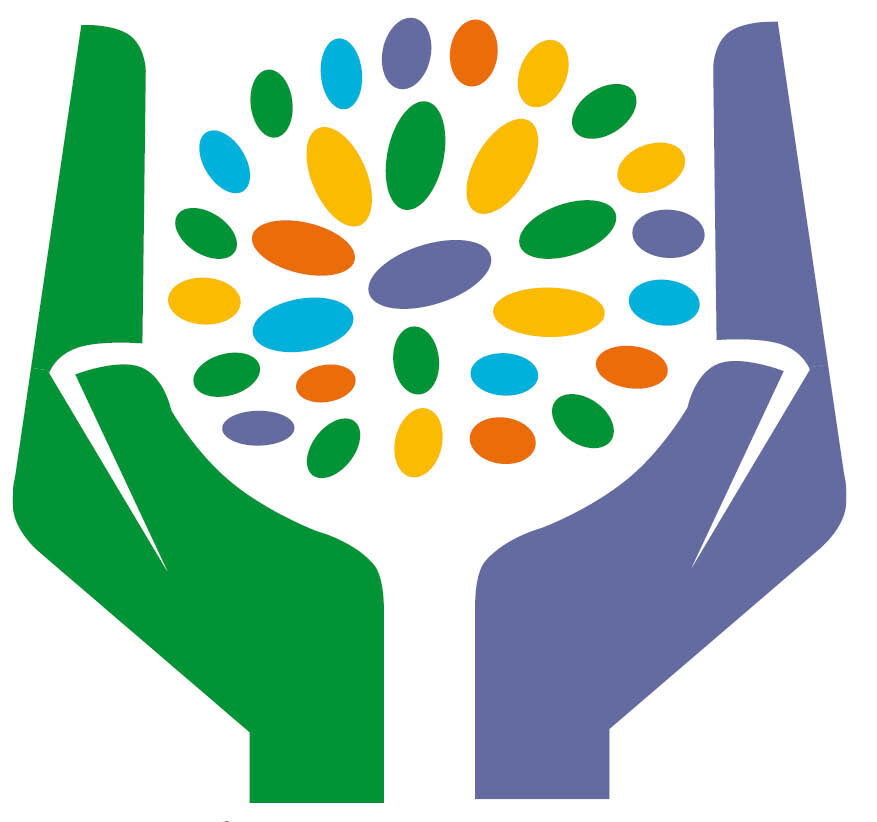For pupils to develop skills, abilities and enthusiasm in science through practical work and experiential learning.
The science curriculum is designed to develop the skills of observation, prediction, investigation, interpretation, communication, questioning and hypothesising, and increased use of precise measurement skills. We aim to develop in all young people a lifelong curiosity and interest in the sciences.
It also develops skills and confidence to develop pupils’ creativity in their approach to science, and to gain enjoyment from their scientific work.
We intend for pupils to have the opportunity to learn through varied systematic investigations, leading to them being equipped for life to ask and answer scientific questions about the world around them.
The science curriculum will enable our pupils to:
- collect relevant evidence and question outcome and persevere
- to treat the living and non-living environment with respect and sensitivity
- to appreciate that we do not always know the answers and results when carrying out scientific enquiry.
- to become effective communicators of scientific ideas, facts and data
- to begin to build up a body of scientific knowledge and understanding which will serve as a foundation for future enquiry.
Implementation
Teaching science at Gloucester House can be complex due to the range of ages and abilities within the classes. Teachers adapt and extend the curriculum to match the unique circumstances of our school. This ensures that there are opportunities for pupils to develop their skills and knowledge and that pupils are increasingly challenged as they move through the school.
The progression of skills for working scientifically are developed overtime and scientific enquiry skills are of key importance within lessons. The progression of these skills is set out in the Science Progression Map and reflects the National Curriculum.
Each lesson has a clear focus. Scientific knowledge and enquiry skills are developed with increasing depth and challenge as pupils move through the school. They complete investigations and hands-on activities while gaining the scientific knowledge for each unit. Outdoor visits are encouraged for investigations and experience.
Interwoven into the teaching sequence are key assessment questions, identified in lesson plans. These allow teachers to assess pupils’ levels of understanding at various points in the lesson. They also enable opportunities to recap concepts where necessary. The sequence of lessons helps to embed scientific knowledge and skills, with each lesson building on previous learning. There is also the opportunity to regularly review and evaluate pupils’ understanding.
Activities are personalised so that pupils have an appropriate level of support and challenge and scientific misconceptions are challenged.
The learning environment across the school has science technical vocabulary displayed for example on ‘working walls’, spoken and used by all learners. Parental engagement is encouraged through the use of science-specific home learning tasks and the Gloucester House Blog.
Teachers use use off the shelf schemes of work and resources, allowing them to offer a broad range of sessions. All medium-term plans are overseen by a subject lead for science who attends the Camden Learning Science Network HUBS to keep up to date with sci8ence currciulum developments in others settings.
Assessment: In Science, progress is measured through a child’s ability to know more, remember more and explain more. This can be measured in different ways in our units. The use of key questions ensures opportunities are built into the lesson for ongoing assessment.
Attainment and progress are measured across the school using our Solar assessment system. Teachers assess the pupils’ work within a unit at the end of each half term.
We also assess pupils’ work in science by making informal judgements as we observe and discuss scientific concepts with them during lessons using assessment opportunities. On completion of a piece of work, the teacher marks the work and comments using ‘what went well’ and next steps.
Pupils’ annual school report indicates the progress that pupils have made each year both in terms of knowledge and practical application.
The Curriculum lead will keep samples of the pupils’ work in a portfolio and use these to demonstrate what the expected level of achievement is in science for each group in school and in assessment moderations.
Impact
- Pupils develop their confidence in their science knowledge and enquiry skills.
- Some pupils become enthusiastic about science and show that they are actively curious to learn more.
- Pupils see the relevance of what they learn in science lessons to real-life situations and the importance of science in the real world.

